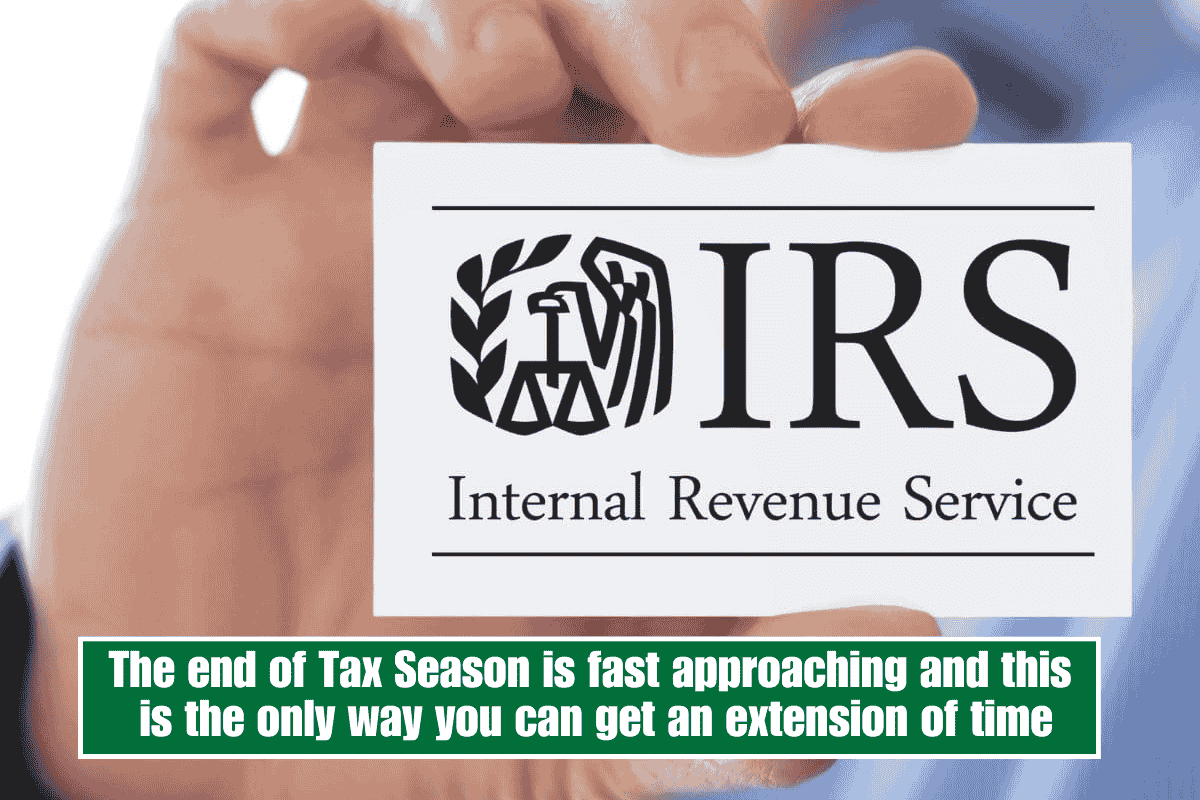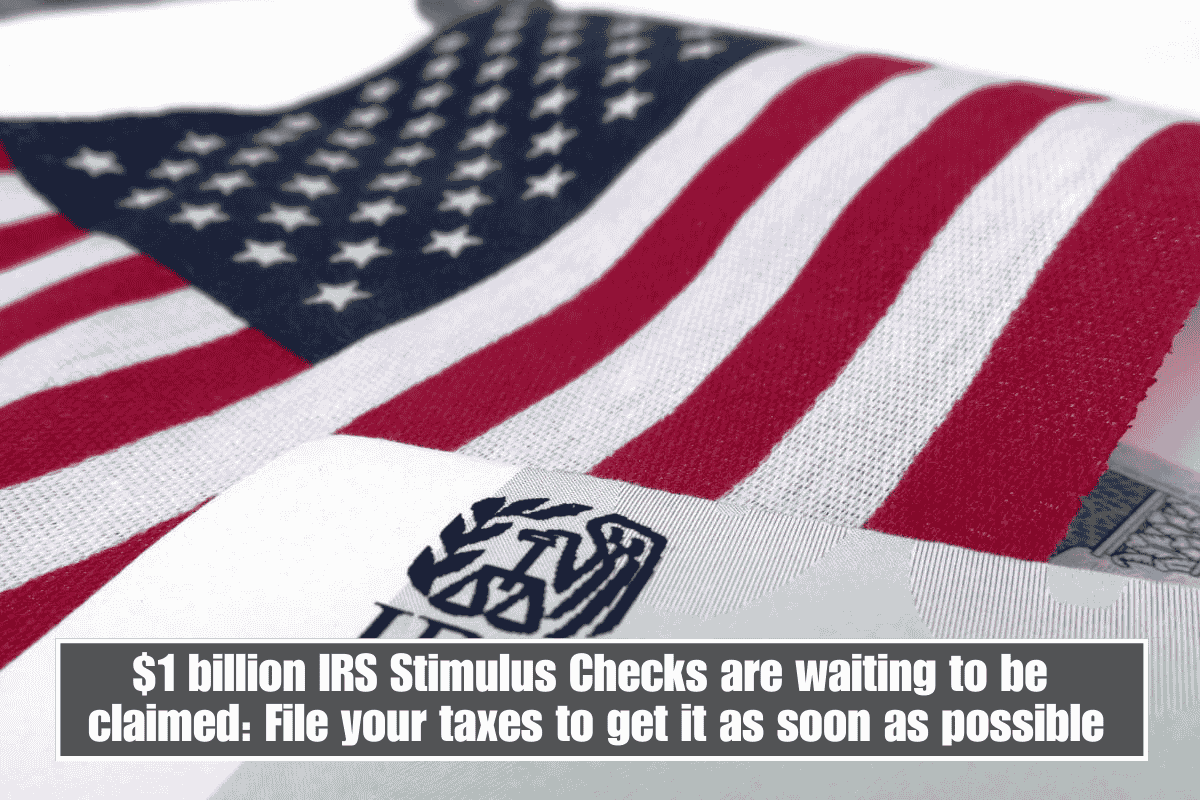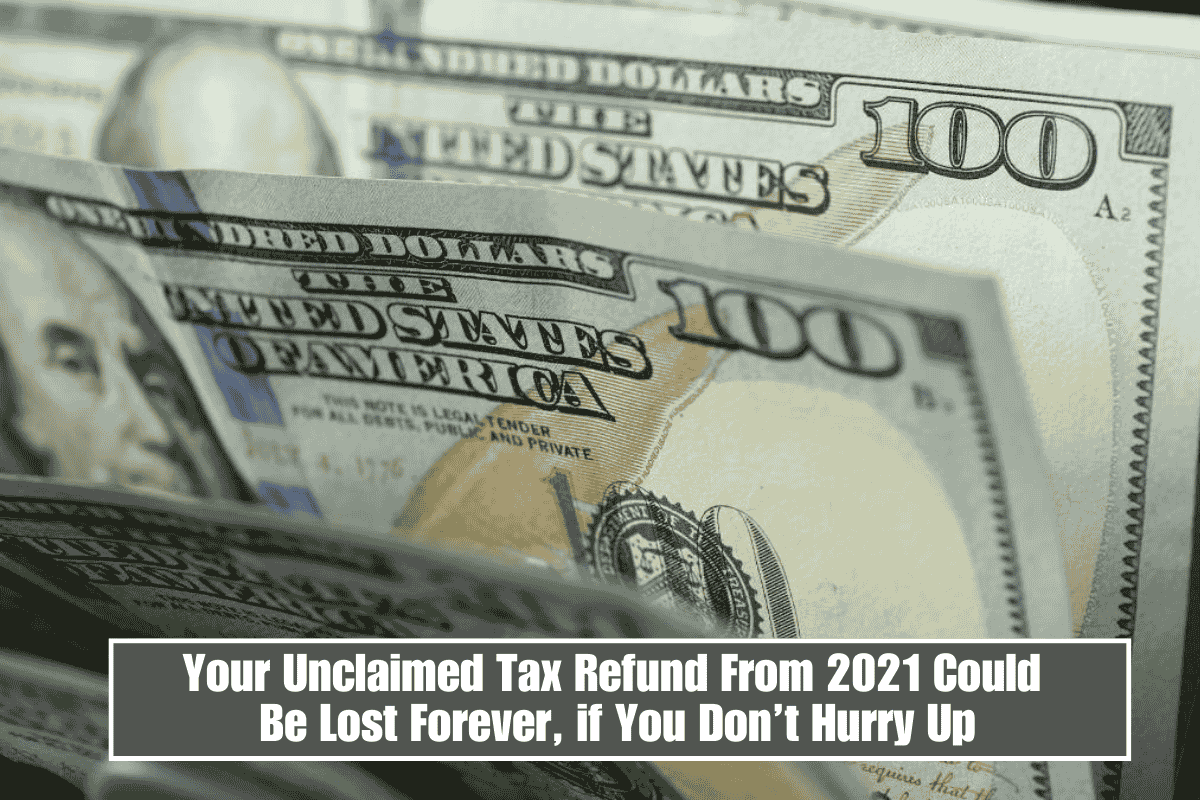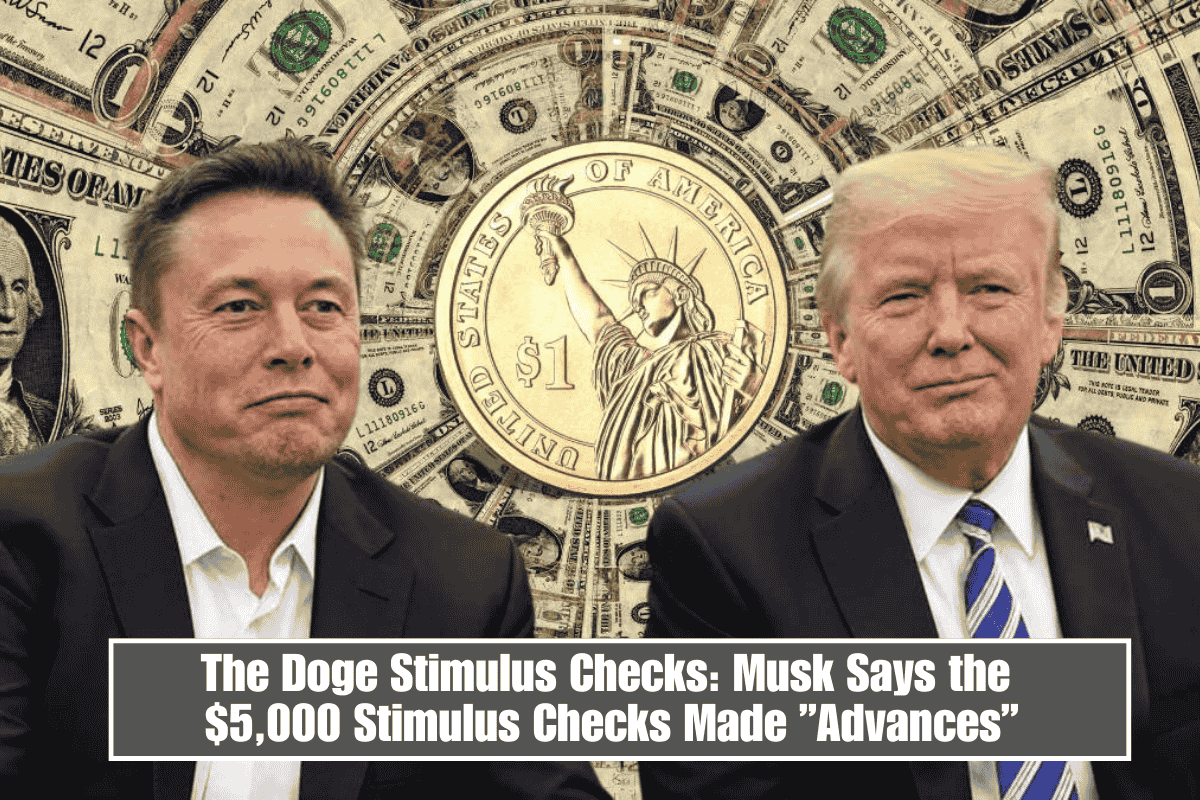The “DOGE dividend,” proposed by James Fishback, has sparked debate in tax policy discussions.
This proposal proposes that some of the savings from the Department of Efficiency Governmental Efforts (DOGE) be returned to taxpayers.
While the concept of a tax rebate is appealing, there are concerns about its implementation, particularly the exclusion of millions of Americans who do not have a positive net tax contribution and could benefit the most.
The American tax system includes a variety of credits and deductions, particularly for low-income households.
These often result in refunds that exceed the amount paid in taxes. Because the “DOGE dividend” would only apply to those who paid more in taxes than they received in credits, it would disproportionately benefit higher-income earners while excluding a sizable portion of the population.
The Tax Foundation reports that the bottom 50% of earners pay only about 3% of total individual income taxes.
This demonstrates the disparity in tax contributions and explains why many low-income individuals would not be eligible for the “DOGE dividend.”
Similarly, the Pew Research Center found that people earning less than $40,000 frequently receive more in tax credits than they pay, making them ineligible for the rebate.
Critics argue that this proposal may widen the wealth gap by primarily benefiting higher-income taxpayers while ignoring those who are struggling financially.
Excluding low-income families, who already face economic hardship, may exacerbate financial strain, particularly during economic downturns and rising living costs.
Supporters, including Elon Musk and Donald Trump, argue that taxpayers deserve a share of government efficiency savings.
However, the plan’s exclusionary nature raises ethical concerns about fairness and who should actually benefit from the savings.














